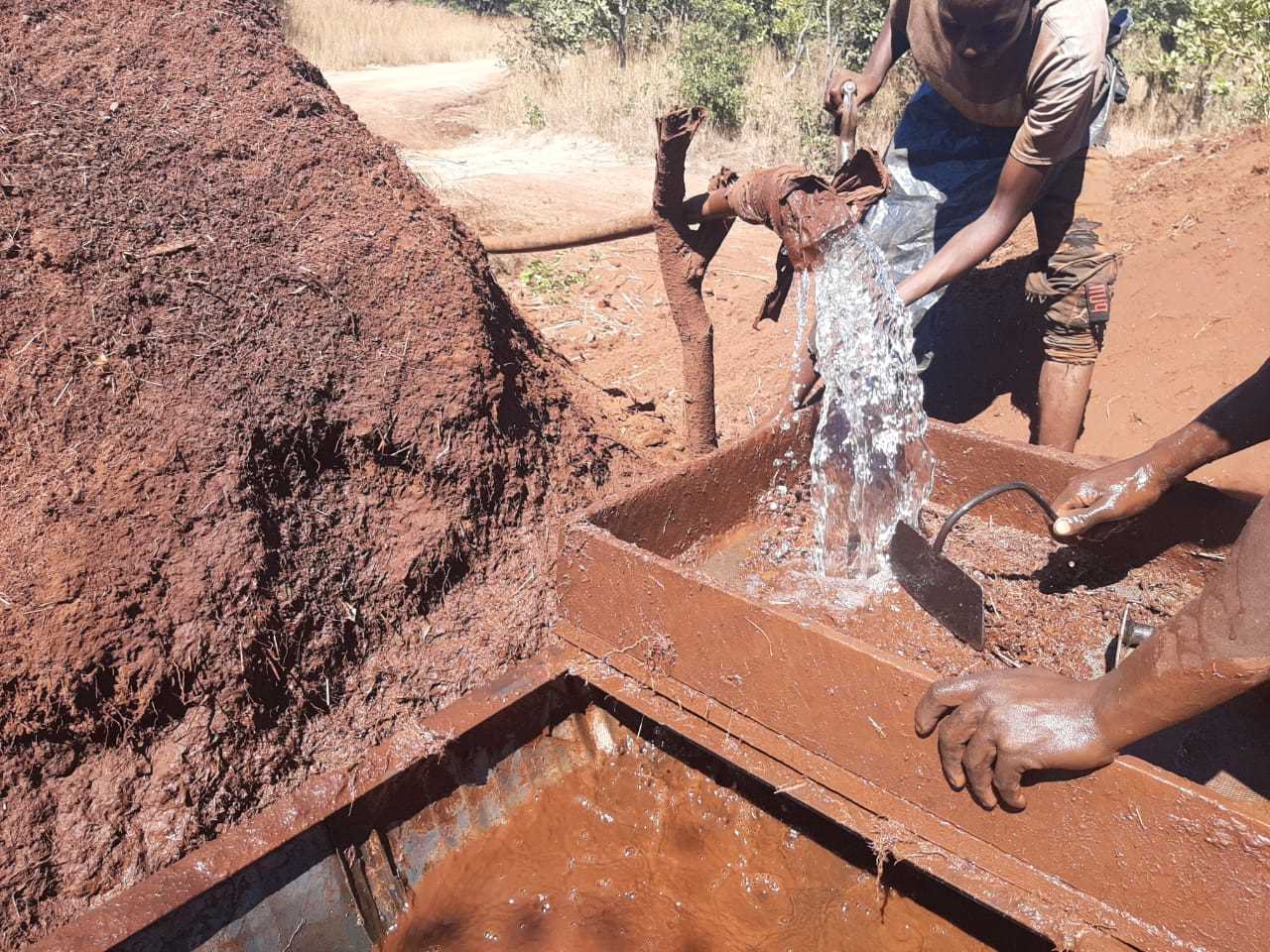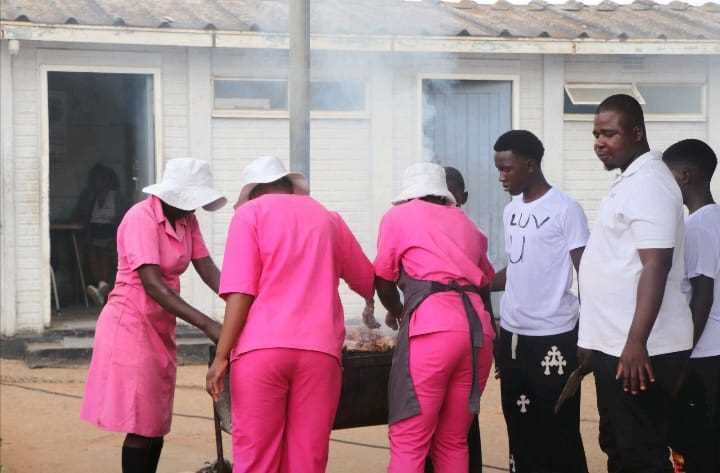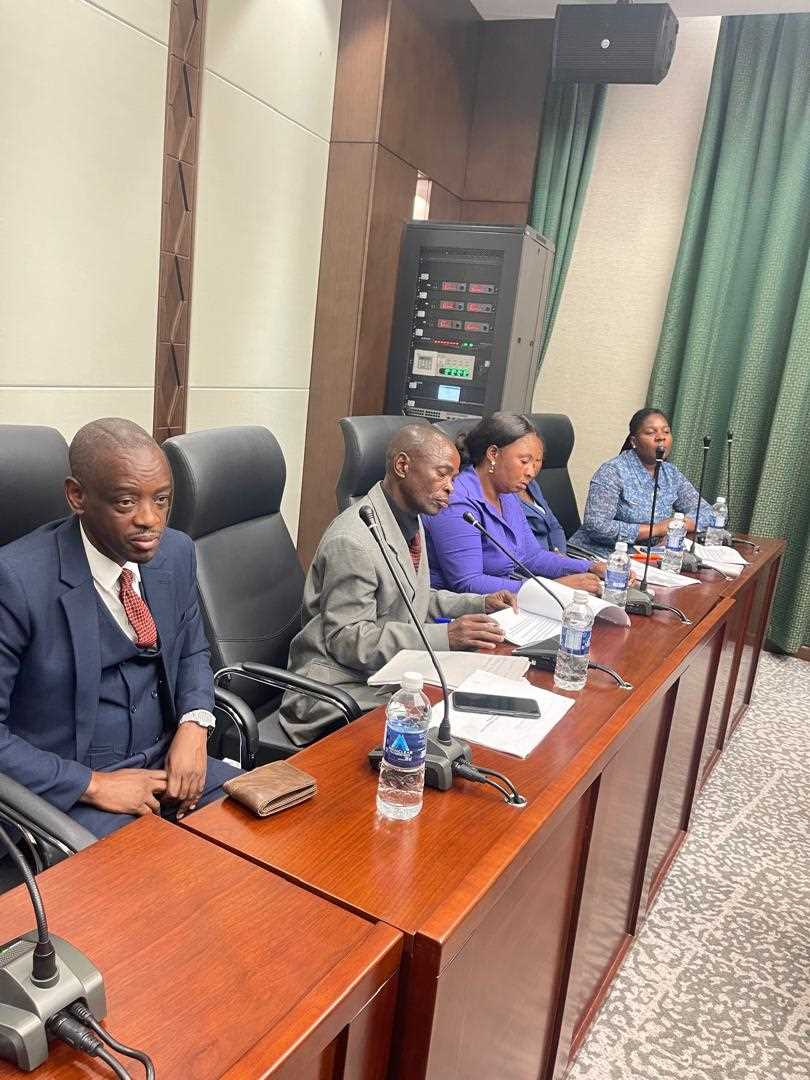
Patricia Mashiri
Zim Now Writer
A plume of crimson dust hangs heavy in the air, the unwelcome greeter at the infamous Impinge store. This desolate outpost in Guruve, Mashonaland Central, chills the hearts of chrome miners, both legal and illicit. Yet, amidst the swirling dust, a sight both captivating and heartbreaking unfolds.
Young women, vibrant in colorful dresses and radiant smiles, compete for the attention of these miners. Each sway of the hips, each flutter of eyelashes, is a desperate gamble - trading charm and beauty for a semblance of financial security.
But the miners are far from Prince Charmings. These men, wielding their newfound wealth like glittering weapons, exploit the desperation of these young women. They swoop in like vultures, preying on their vulnerability, manipulating and controlling them, leaving behind a trail of shattered dreams, broken lives, and a rising tide of HIV.
Impinge, nestled within the Mupinge farming area, has been ravaged by the El Nino drought. The once-fertile land now yields nothing but dust, forcing locals to scavenge for leftover maize kernels on John Bhasera's farm - the very farm owned by the Ministry of Local Government and Public Works' permanent secretary.
Climate change has tightened its cruel grip on Guruve. While a select few with irrigation systems watch their crops flourish, the vast majority are left stranded. Desperate for survival, many have turned to the newly discovered chrome deposits, venturing into the dangerous realm of illegal mining.
Related Stories
This desperate scramble for a living comes at a terrible cost. The influx of miners has created a breeding ground for HIV/AIDS, particularly among young girls and women who depend on these men for their basic needs.
Experts warn of a chilling reality: climate change makes people more susceptible to HIV. It weakens healthcare systems, crumbles social safety nets, and fuels economic hardship - a perfect storm for this deadly disease.
Priscilla Gere, a mere 20 years old, embodies this harsh reality. Orphaned at a young age, she now shoulders the responsibility of caring for her mother and siblings. The meager pickings from Bhasera's farm barely sustain them, forcing Priscilla to the dusty crossroads of the Impinge store.
"I come here every day," she confesses, a hint of resignation in her voice. "Three to five dollars is all I can manage, but it's better than nothing." These meager earnings are used to buy precious maize, a lifeline in this desolate landscape.
The story doesn't end there. Zim Now discovered a harrowing trend: a barter system has emerged, with maize being exchanged for cheap, sugary snacks. Three cups of maize can fetch a single, fleeting moment of sugary satisfaction.
Ishmael Munetsi, a villager from nearby Nyamhondoro, paints a grim picture. The erratic weather patterns have disrupted their lives, especially the lives of their young daughters. Many have been lured into sex work by the miners, placing them at a heightened risk of contracting sexually transmitted infections, including HIV.
"The illegal mining has brought nothing but trouble," Munetsi laments. "We fear for our children, especially the girls. These miners are destroying our land, leaving gaping holes and diverting precious water sources for their panning activities. Our cattle have no water to drink, and the streams are polluted with chemicals used in their work."
Guruve, a region long burdened by high HIV rates due to mining and farming activities, now faces a future even bleaker. The specter of climate change casts a long shadow, threatening to exacerbate existing problems and plunge this community deeper into despair.


















Leave Comments